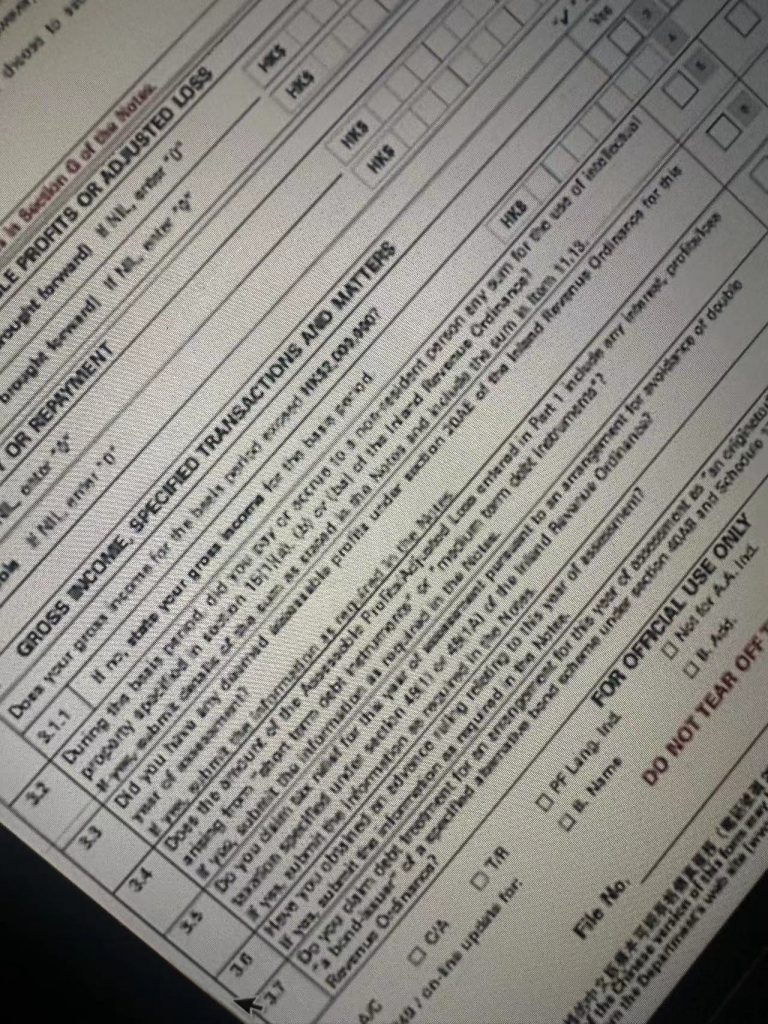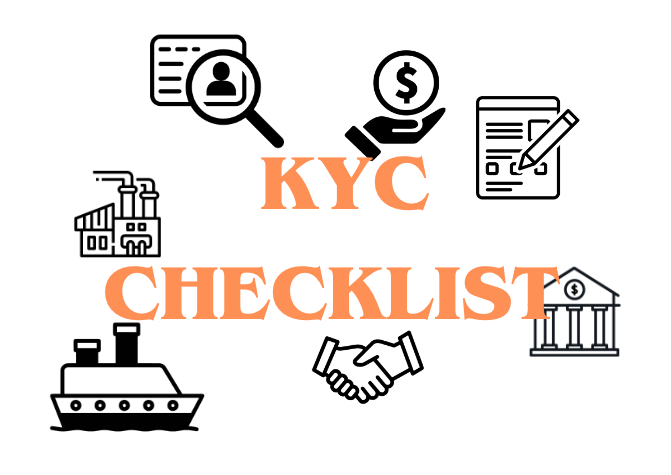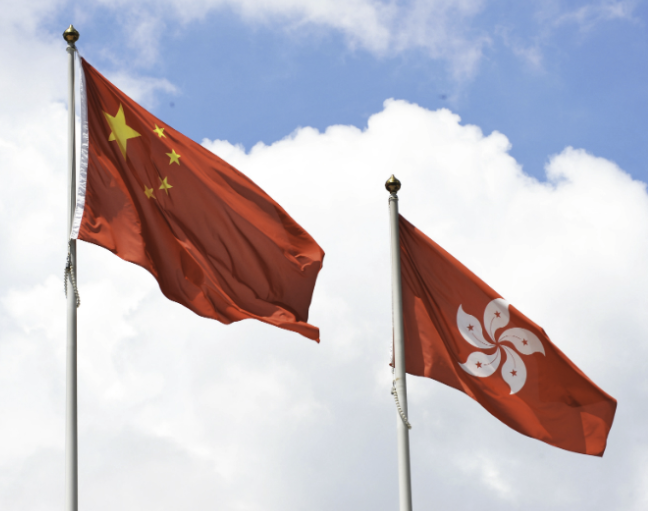Hong Kong is one of the best business hubs in Asia, and it consistently ranks as one of the world’s freest economies. Its strategic location, low taxes, and business-friendly policies draw many entrepreneurs globally to do business in Hong Kong. However, before you start the business, you should understand its legal requirements – one of which is appointing a company secretary.
What is a Company Secretary?
A company secretary acts as a company’s representative in the region, ensuring that a company’s operations are managed following the Hong Kong Companies Ordinance, and plays a key role in the direction, and corporate governance.

What Does a Company Secretary in Hong Kong Do?
This is not your secretary in the office. A Company Secretary is your Compliance Manager for your business. That is, to ensure your Hong Kong company operations align with all local laws. Whether these legal entities are public companies or small private companies.
Also, the Company Secretary acts as the representative to ensure your company is updated of the legislative changes and files the proper paperwork and legal obligations. So, you see the role of a Company Secretary is the primary contact with the government.
Who can be appointed as a Company Secretary?
In Hong Kong, both natural persons and corporate entities can be appointed as a company secretary. Regardless of the type of company secretary, specific prerequisites must be met.
- For a natural person to serve as a company secretary, they must be a Hong Kong resident.
- For a corporation to be appointed as a company secretary,
- Do ensure they are a licensed Hong Kong Trust and Corporate Service Provider (TCSP)
For further information, please contact us.
You may want to read: IS YOUR PROFESSIONAL COMPANY SECRETARY A QUALIFIED ONE?









